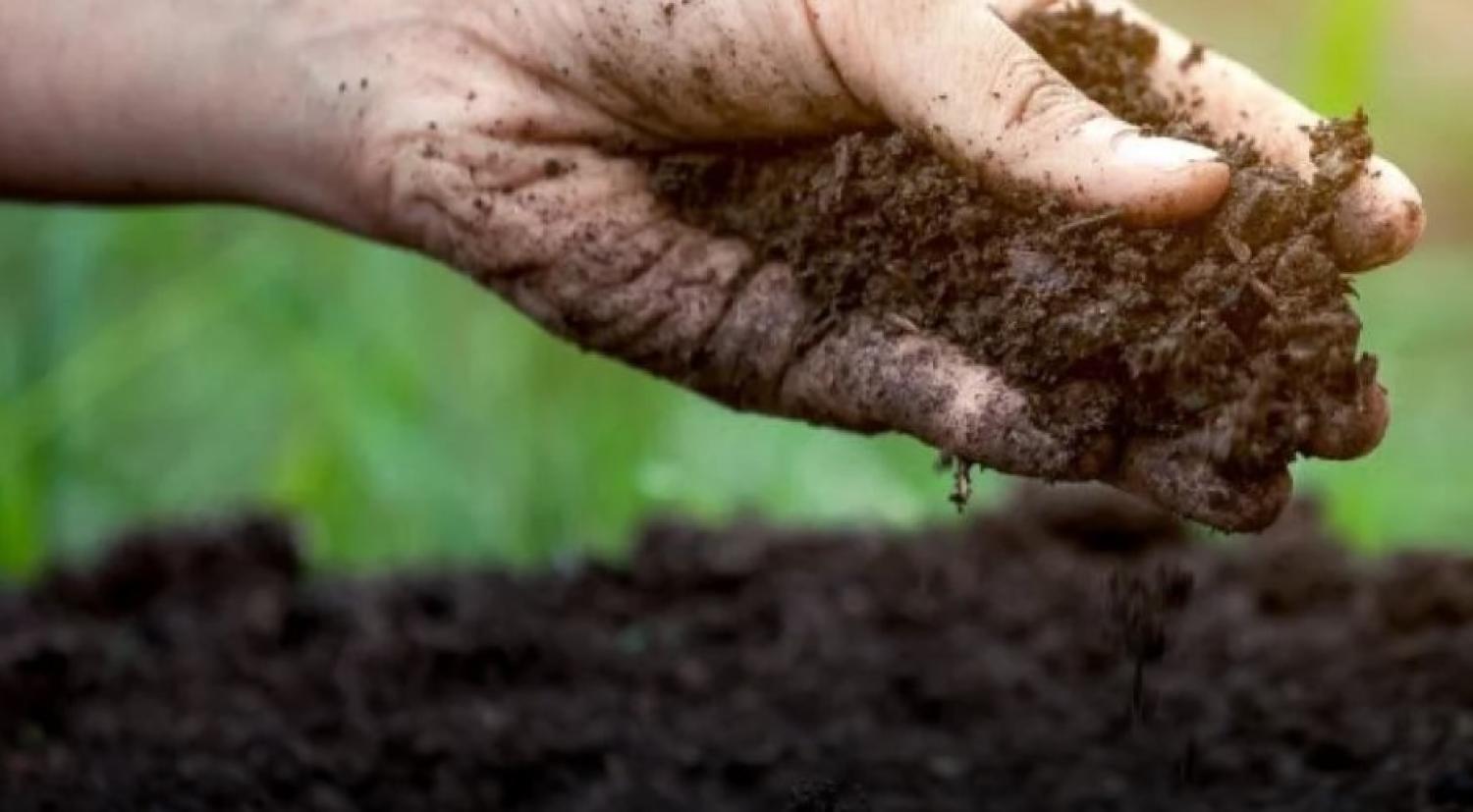Carbon sequestration through soil health

By now, you’ve probably heard about the detrimental effects of climate change, resulting from the increase in carbon emissions being released into our atmosphere. Our society currently depends on the burning of fossil fuels for more than 80% of our energy needs, and protecting our soil could be an important factor in the future of our climate.
How much carbon has been released into the atmosphere?
- Human activity has increased the amount of carbon dioxide in the atmosphere by 45% since the Industrial Age.
- Carbon enters the atmosphere when fossil fuels are burned.
- Carbon is also released into the atmosphere through a process called tilling, where the soil is ripped up in order to plant seeds.
- It's estimated that soils have lost between 50-70% of original carbon stock.
What is sequestration?
- Sequestration is the process in which CO2 is removed from the atmosphere and stored in the ground.
- It's stored in plant roots, plant residues and other organic solids.
- About 25% of emissions have been captured by earth’s forests, farms and grasslands.
Why is healthy soil important?
- Healthy soil can store more carbon!
- Healthy soil can absorb more water before becoming saturated, making it more resilient in drier years.
- Higher quality soil will reduce runoff from croplands.
- Healthy soil can produce more food for a growing population.
What can be done to protect our farmland soils?
About 44.37% of all of the land in the U.S. is used for farming.
- Conservation tillage: Using new tilling processes on farmlands such as no-tilling (leaving the soil undisturbed between seasons), in-row subsoiling (soil surface and residue are undisturbed except for strips up to one-third of the row width where deep-tillage technologies loosen this soil), strip-till (tilling in strips only where some plants are being planted), etc. will better protect the soil.
- Cover cropping: Cover cropping describes plants that are utilized to slow erosion and increase biodiversity in farms but are not sold for profit. Cover crops improve soil health and increase the yield of the desired crop.
- Crop rotation: Crop rotation is when farmers plant different crops after each yield on the same plot of land in order to optimize nutrients in the soil. For example, a farmer may plant corn on a plot of land one year and beans on the same land the next year.
Personal actions
- Compost: Composted food and food scraps can be an enriching fertilizer in soil.
- Buy organic food: Vote with your dollar and support organic farming. Organic farming dramatically helps reduce soil erosion and increases soil fertility.
- Check out this website for individualized action plans based on your interests and lifestyle.
- Check out the Kiss the Ground documentary on Netflix for more info and inspiration on why global regeneration starts with soil health.
Categories: sustainable perspectives


